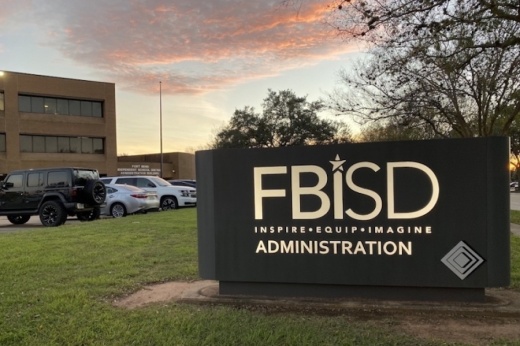The presentation was given by Deena Hill, executive director of student support services, on behalf of the Special Education Department. The assessment was made in conjunction with TCASE by Design, a consulting vendor specializing in special education.
“One of the purposes of the special education evaluation was to identify any efficiencies the district could consider, while at the same time continuing to provide high-quality instruction and services to students with disabilities,” Hill said.
In a nutshell
Recommendations made to enhance programs serving over 11,000 special needs students are as follows:
- Leadership, communication and collaboration: greater focus on engagement between all stakeholders including administration staff and parents
- Equitable resource allocation: better utilization of district and federal resources for the programs, reallocating funds between salaried staff and contracted service
- Effective staffing practices: prioritizing recruitment and retention activities to better offer services that are not being provided such as speech therapy
- Inclusive systems and structures: clarifying the purpose of special education offerings and develop profiles of students served by them to better meet their needs
- Quality instruction: establishing, communicating and supporting all aspects of special needs students and special needs staff to maintain quality academic standards
- Family engagement: increasing in-person communication between families and staff, and reducing virtual communication to provide greater feedback
FBISD has seen a steady increase in students with special needs over the last decade—from roughly 4,500 in the 2014-15 academic year to slightly over 11,000 in 2023-24, according to the latest district data in the presentation.
The current number of special education students by categories are as follows:
- Learning disability: 3,555
- Autism: 2,555
- OHI (other health impairment): 1,333
- Speech impaired: 1,444
- Intellectually disabled: 1,000
- Emotionally disturbed: 88
The measures recommended are geared toward further improvement of the district's efforts rather than to fix a broken process, as evidenced by the scores achieved by current students.
For example, according to the presentation, FBISD special education students outperformed their peer districts in the region and state in the 2023 State of Texas Assessments of Academic Readiness, or STAAR, results in all areas except for eighth grade math and Algebra 1.
Quote of note
“Dr. Hill [and her team], have spent a lot of time working with TCASE [by Design] on a program evaluation for special education that is quite comprehensive ... as you recall, as a way for us to learn where we are efficient and how ... we [are] best serving kids, and what suggestions might they have for improvement,” Superintendent Christie Whitbeck said.
What’s next
The administration will now consider the recommendations in an in-depth review in a three step process laid out in the presentation:
- Step 1: Review program recommendations in December
- Step 2: Develop an action plan in January through March
- Step 3: Implementation of the plan in a phased rollout in April





